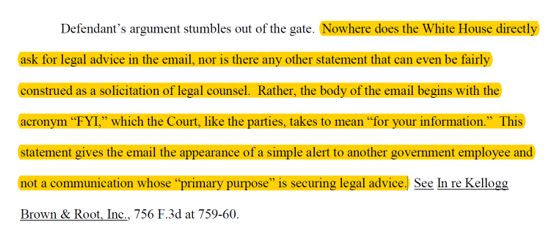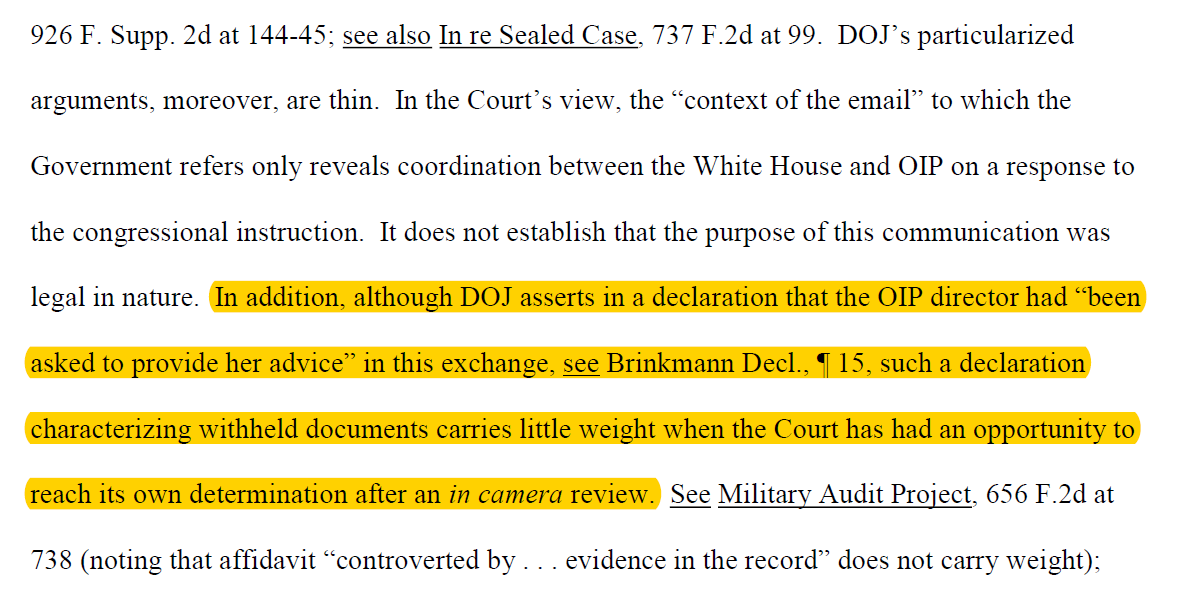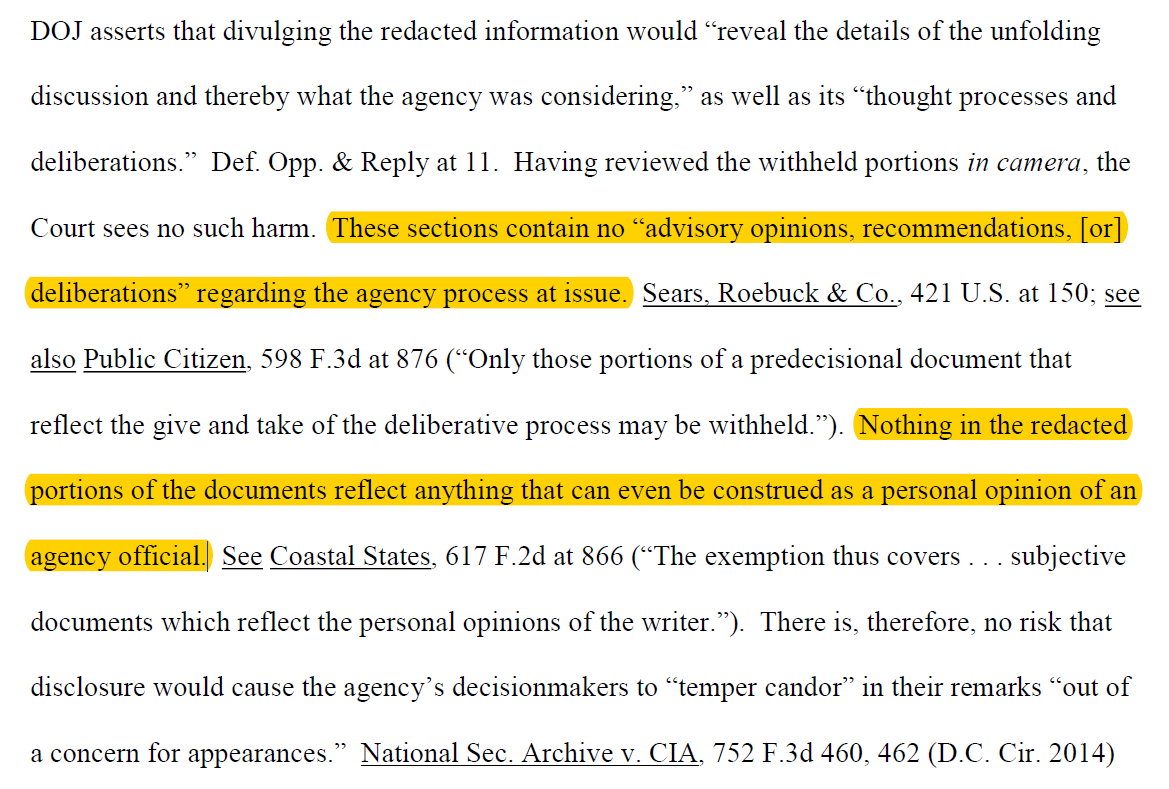Presidio Trust Adopts CoA Institute’s Recommendations with Final FOIA Regulations
In 1776, more than 2,800 miles away from the battles of the American Revolution, a Spanish military fort was established on the tip of the San Francisco Peninsula. Today, this small slice of land is a federal park managed by an obscure federal agency called the Presidio Trust. Two hundred and forty-two years later, this former Spanish military fort is part of Cause of Action Institute’s ongoing effort to make all levels of the federal government more transparent and modernize the federal government’s FOIA process.
Earlier this week, the Presidio Trust finalized a rule implementing new Freedom of Information Act regulations and incorporating important revisions proposed by Cause of Action Institute in March 2018.
CoA Institute made several recommendations in response to the Presidio Trust’s proposed rulemaking. Most importantly, we urged the agency to remove outdated “organized and operated” language from the definition of a “representative of the news media.” Such language has been used by government agencies in the past to deny news media requester status—and favorable fee treatment—to government watchdog organizations, including CoA Institute.
For example, CoA Institute sued the Federal Trade Commission, and took its case all the way to the D.C. Circuit, to get the agency to acknowledge that its FOIA fee regulations were outdated and that it had improperly denied CoA Institute a fee reduction. In deciding that case, the D.C. Circuit issued a landmark decision clarifying proper fee category definitions and the application of fees in FOIA cases. CoA Institute cited this case to the Presidio Trust, and the agency took heed of the current case law, removing the outdated “organized and operated” standard from its final rule.
The statutorily superseded “organized and operated” standard originates with FOIA fee guidelines published by the White House Office of Management and Budget (OMB) in 1987. Portions of the OMB guidance are no longer authoritative because they conflict with the statutory text, and judicial authorities, including Cause of Action v. Federal Trade Commission.
In 2016, the FOIA Advisory Committee and the Archivist of the United States both called on OMB to update its fee guidelines. CoA Institute filed a petition for rulemaking on the issue and is litigating the matter in federal court. Earlier this summer, OMB finally agreed to update its agency regulations, and amend its definition of a news media request, but the agency continues to refuse to update the 30-year-old fee guidelines.
Since the passage of the FOIA Improvement Act of 2016, CoA Institute has commented on 24 separate rulemakings. Of the 13 that have been finalized, CoA Institute has succeeded in convincing nine agencies, including the Presidio Trust, to abandon the outdated “organized and operated” standard in favor of a proper definition of “representative of the news media.”
The remaining agencies that have accepted CoA Institute’s recommendations include the following:
- Department of Homeland Security
- Office of Special Counsel
- U.S. Agency for International Development
- Amtrak
- U.S. Postal Service
- Consumer Product Safety Commission
- Securities and Exchange Commission
- Millennium Challenge Corporation
Some agencies, including the National Credit Union Administration and the Federal Reserve, have deferred their consideration of CoA Institute’s recommendations and have promised to propose further rulemakings in the near future to address outstanding FOIA fee issues.
CoA Institute’s successful comment to the Presidio Trust is another small step in our efforts to provide effective and transparent oversight of the administrative state and ensure agency compliance with the FOIA.
See also:
Cause of Action Institute’s March 2018 public comment submitted to the Presidio Trust
Ryan P. Mulvey is Counsel at Cause of Action Institute




